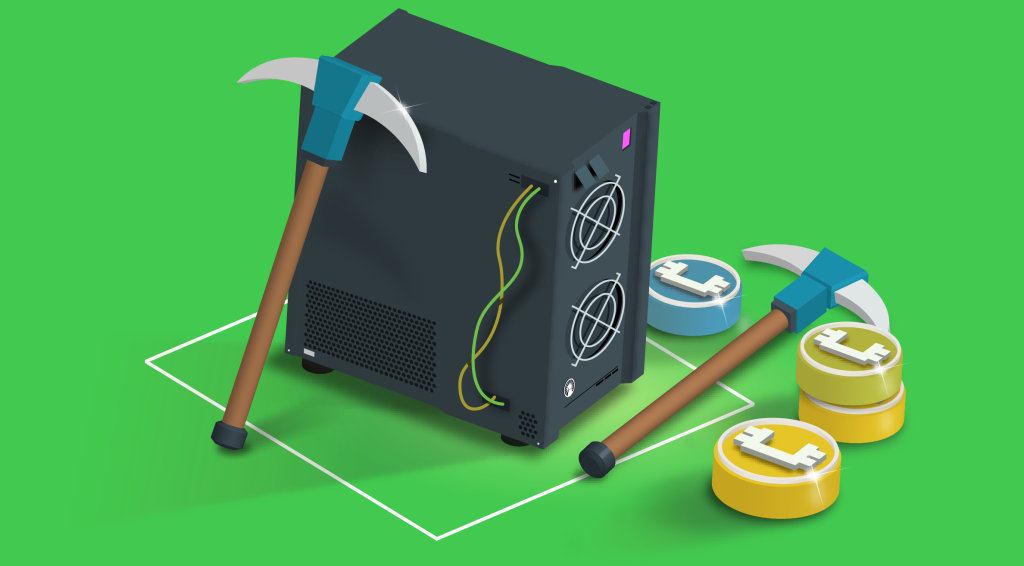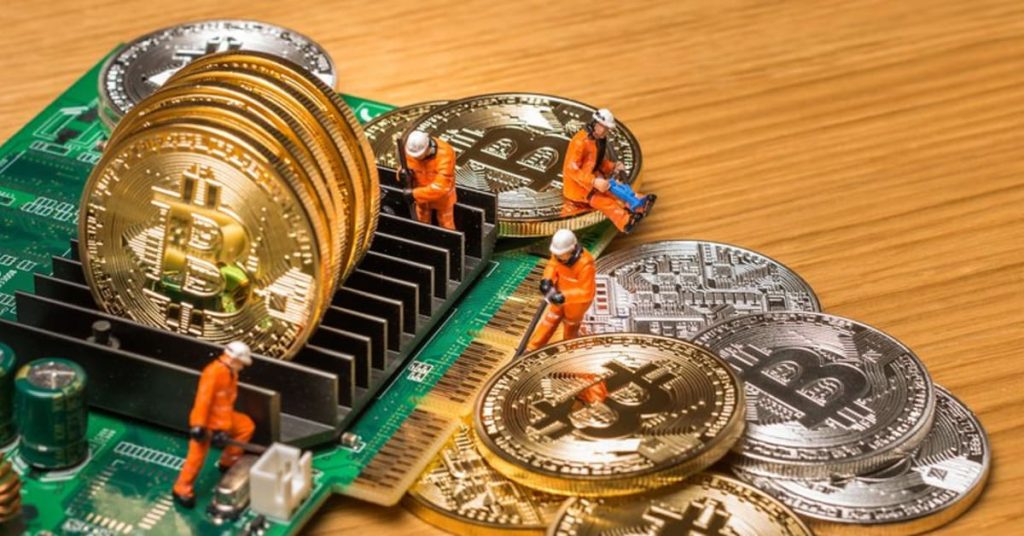Bitcoin Cash (BCH) emerged as a fork of Bitcoin (BTC) in 2017, designed to address the scalability issues faced by its predecessor. Unlike Bitcoin, which has a block size limit of 1 MB, Bitcoin Cash has increased the block size to 8 MB (and beyond), allowing for more transactions to be processed at a faster rate. As interest in Bitcoin Cash continues to grow, many individuals are eager to explore the exciting world of mining BCH. In this comprehensive guide, we will break down the mining process, discuss the necessary hardware and software, and highlight the key considerations for successful mining.
Understanding Bitcoin Cash Mining
Mining Bitcoin Cash is the process of validating transactions on the BCH network and adding them to the blockchain. Miners use powerful computers to solve complex mathematical problems, which help secure the network and ensure that all transactions are legitimate. In return for their efforts, miners are rewarded with newly created Bitcoin Cash and transaction fees from the transactions they include in the blocks they mine. This system incentivizes miners to maintain the integrity and security of the network.
The mining process involves a significant amount of computational power and energy consumption, leading to concerns about environmental impact. However, miners often use renewable energy sources to mitigate this issue and reduce costs. As Bitcoin Cash continues to gain traction, the mining community is becoming increasingly aware of the need for sustainable practices within the industry.

Choosing the Right Hardware for Mining
To begin mining Bitcoin Cash, you will need to invest in the right hardware. The most common type of hardware used for mining BCH is the ASIC (Application-Specific Integrated Circuit) miner, which is specifically designed for the task of mining cryptocurrencies. ASIC miners are significantly more efficient than traditional CPU or GPU mining setups, making them the preferred choice for serious miners. Some popular ASIC miners for Bitcoin Cash include:
- Antminer S17
- Bitmain S9
- Whatsminer M30S
- AvalonMiner 1246
While purchasing hardware, it’s essential to consider factors such as hash rate, energy consumption, and overall cost. The hash rate determines how many calculations your miner can perform per second, which directly affects your chances of successfully mining a block. A higher hash rate means more opportunities to earn BCH. Additionally, consider the energy efficiency of the miner, as lower energy consumption can lead to higher profit margins in the long run.
Recommended ASIC Miners for Bitcoin Cash
| Miner Model | Hash Rate (TH/s) |
|---|---|
| Antminer S17 | 56 |
| Bitmain S9 | 13.5 |
| Whatsminer M30S | 86 |
| AvalonMiner 1246 | 90 |
Setting Up Mining Software and Joining a Pool
Once you have your hardware in place, the next step is to set up mining software. There are several mining software options available that are compatible with Bitcoin Cash, including:
- CGMiner: Highly customizable and supports various hardware.
- BFGMiner: Designed for ASICs and FPGA devices, providing low-level control.
- EasyMiner: A user-friendly graphical interface for those new to mining.
These programs allow you to connect your hardware to the Bitcoin Cash network and begin the mining process. Choose software that fits your experience level and provides the necessary features for effective mining.
Many miners opt to join a mining pool, which is a group of miners who combine their resources to increase their chances of earning rewards. In a mining pool, participants share their processing power and split the rewards based on the contributions made by each member. Joining a pool can be beneficial for beginners, as it provides:
- A more consistent income stream.
- Reduced variance in rewards that can come from solo mining.

Mining Pools Comparison
| Mining Pool | Fee Structure (%) |
|---|---|
| BTC.com | 1.5 |
| ViaBTC | 1.0 |
| Slush Pool | 2.0 |
| F2Pool | 2.5 |
Key Considerations for Successful Mining
When diving into Bitcoin Cash mining, it’s essential to consider the following:
- Market Conditions: Monitor the price of Bitcoin Cash and overall market trends to make informed decisions.
- Electricity Costs: Calculate your energy costs based on the power consumption of your mining hardware.
- Mining Difficulty: Stay informed about the current mining difficulty, as this impacts your potential earnings.
References
- Elemental Crypto – this guide offers a comprehensive overview of how to mine Bitcoin Cash, including hardware recommendations, cooling solutions, and setup instructions for mining software.
- KoinX – this article provides detailed information about the mining process for Bitcoin Cash. It discusses the requirements for mining, including hardware, software, and mining pools.
- Elemental Crypto – for the latest news on Bitcoin Cash, including updates on market trends and regulatory changes, this resource aggregates significant events affecting the BCH ecosystem.


